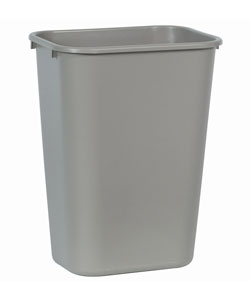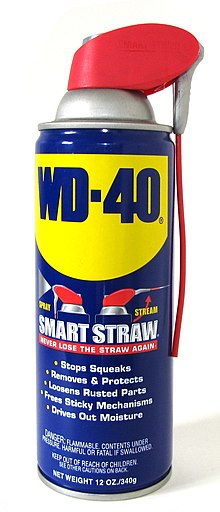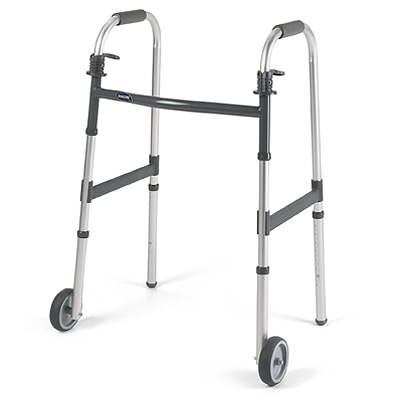Do the grandeur of God, the nearness of eternity, and the lostness of man change the way I live my live?
I guess so, in a measure, if you compared my life with a typical 30's churchgoing career woman--after all, I've left my claim on a career and moneymaking to go and live in (gulp) Haiti, of all places--but I don't want to be compared with her! I want to be compared with who Jesus wants to make me, who I would be, should be, could be, if the grandeur of God, the nearness of eternity, and the lostness of man fully impacted me. Let me not shy away from the full brunt of those three forces. Let me look them full in the face and be blasted by their heat, until my hard heart be melted and I am no longer "so little moved." My heart is not great enough to bear the weight of these factors. It shrinks back in alarm. It shies away. It shields itself. It hides its eyes. It cries, "I cannot bear to gaze on even one of these aspects. I have not the love to offer in response in the measure that these great truths demand."
How will I seek to keep these realities ever before my mind when the bare writing of the above paragraph caused me to seek a few hours of escape on facebook? Honestly--how will I do it? By putting up a poster on the wall? By setting an alarm on my phone? God grant me the grace to not only keep these realities before my mind, but to change the way I live my life! Only through Jesus--and, in fact, amply and abundantly through Him--can I properly fix my perspective onto what truly matters.
Contemplating these realities, even a little bit, makes it obvious that I must change. Change how? What is it precisely that God is asking of me that the flesh fears so greatly? What do I think will be the requirement that comes with looking at the grandeur of God, the nearness of eternity, and the lostness of man? I somehow instinctively know there will be a demand, and the flesh is so afraid of facing that demand that it insulates itself and contrives methods to keep from ever looking in the first place. What is this fear? I do not approve of fear in my life--yet so far, in this area, I have rather permitted fear to reign than venture the merest glance into these realities.
This is what I'm afraid of: I'm afraid that if I look too long and hard at the lostness of man, I will have to witness. I'm afraid that if I gaze properly upon the grandeur of God, I will have to do crazy-looking things, like fall on my face and cry, "Holy, Holy, Holy!" I'm afraid that if I dwell on the nearness of eternity, I will have to cut away many enjoyable things that have no eternal value. All of these have one thing in common: They spell death to the flesh. So rather than approach the searing-hot grandeur of God, accepting my death bravely, I prefer to pretend like I don't know it exists. Rather than open my eyes to the lostness of man, die to the flesh's protests, and witness, I prefer to blind myself to their plight. Rather than walking right up to the nearness of eternity, accepting what it means, and ruthlessly stripping all unnecessary things away in light of it, I prefer to go on playing with my meaningless little toys.
This is an unacceptable state of affairs. The flesh's self-preserving trick of playing clueless, ignorant, and blind has been found out.
Now that I see that, I will walk in the truth. The truth says that the flesh was dealt with on the cross, destroyed, buried. So the flesh has no business sparing itself (or sparing "me," as it so dearly likes to phrase it) from the death, embarrassment, or cutting away that God invites me to experience. I am already dead. More of the same should hold no terrors for me. Oh, I need to witness? No problem. I am already dead to embarrassment, self-consciousness, and self-reliance. Oh, I need to fall on my face and do something weird, like cry aloud "Holy, Holy, Holy?" Okay. The old man who dislikes that kind of thing was nailed to the cross and can no longer have a say in the matter. Oh, I need to eliminate worldly pleasures, like reading books and oversleeping and eating too much sugar? Well, that can't possibly hurt at all, because the old man who used to like those things is no longer part of the picture.
What freedom! What glory! What joy! What possibility! When there is no longer anyone to protest, there is no longer that hindrance to walking in the fullest obedience. Experiences of past failures (for instance, my refusal to witness on the metro in Madrid) no longer hold their dread prediction that future calls to obedience will turn out the same way.
And so I step towards this blinding searchlight rather than hiding in the shadows, and I invite the Master to do His work.
And so I step towards this blinding searchlight rather than hiding in the shadows, and I invite the Master to do His work.


.jpg/220px-Toiletpapier_(Gobran111).jpg)



